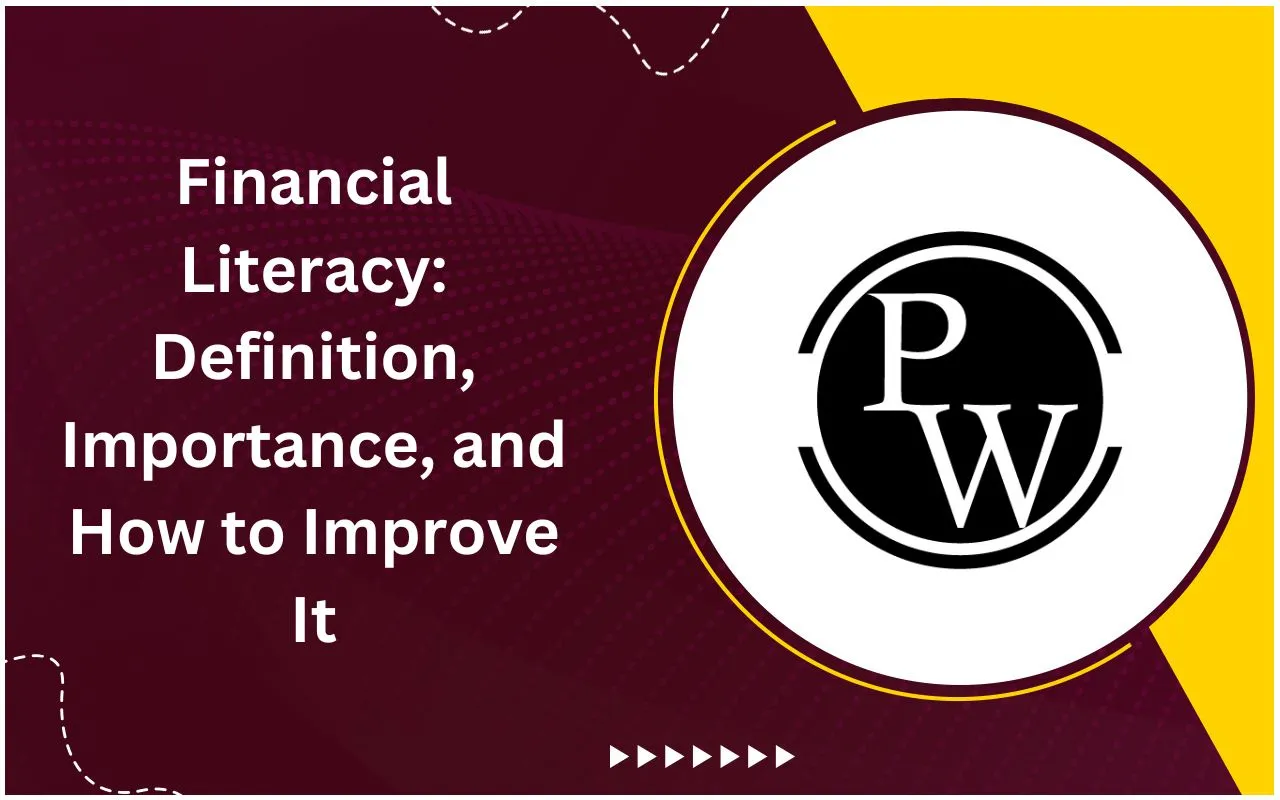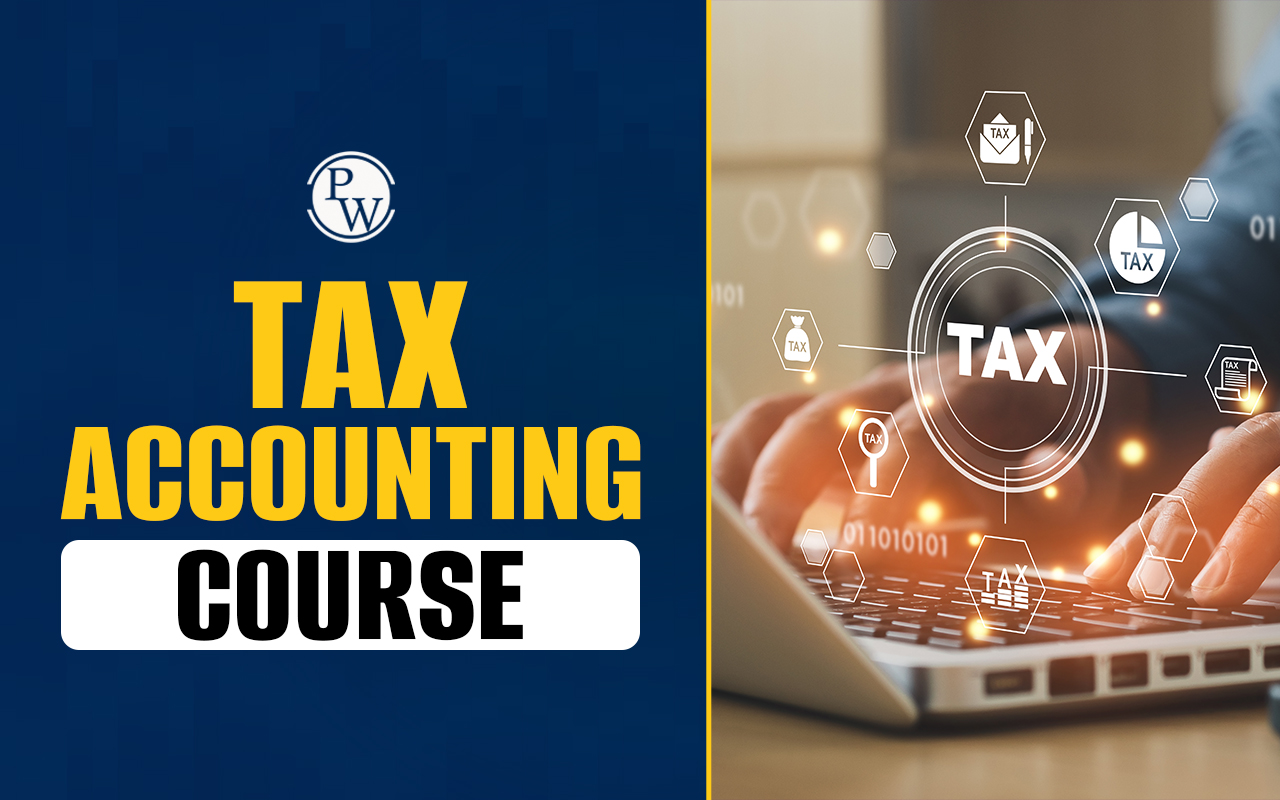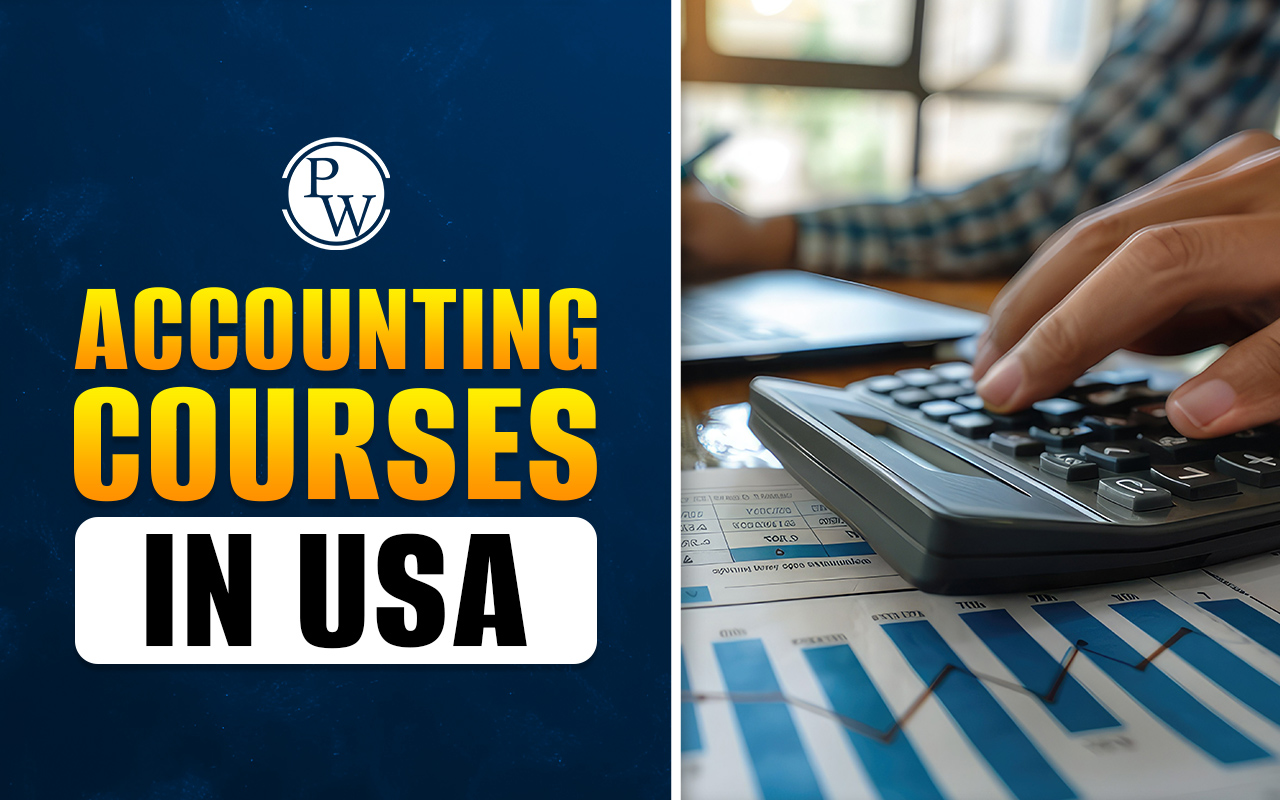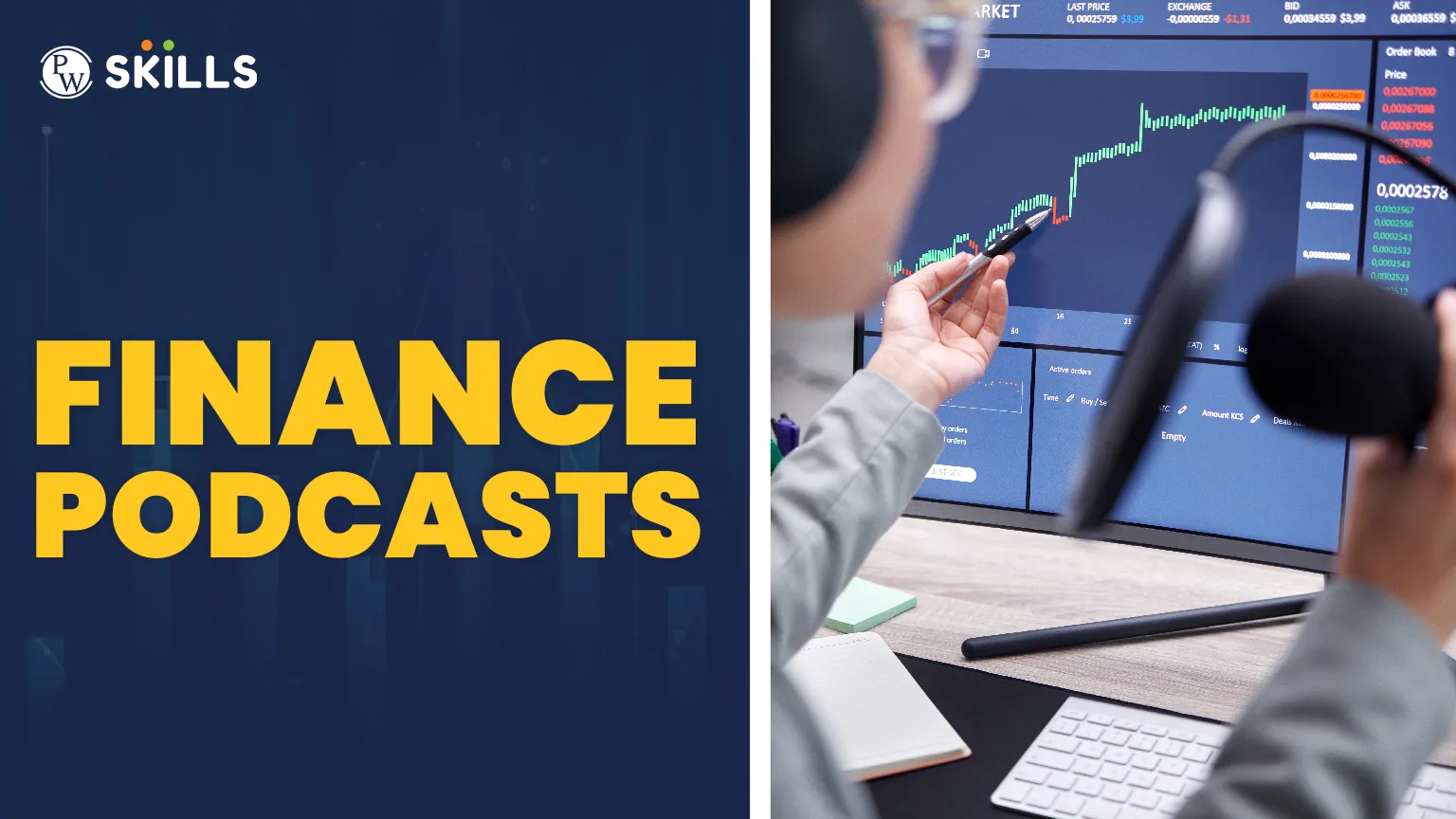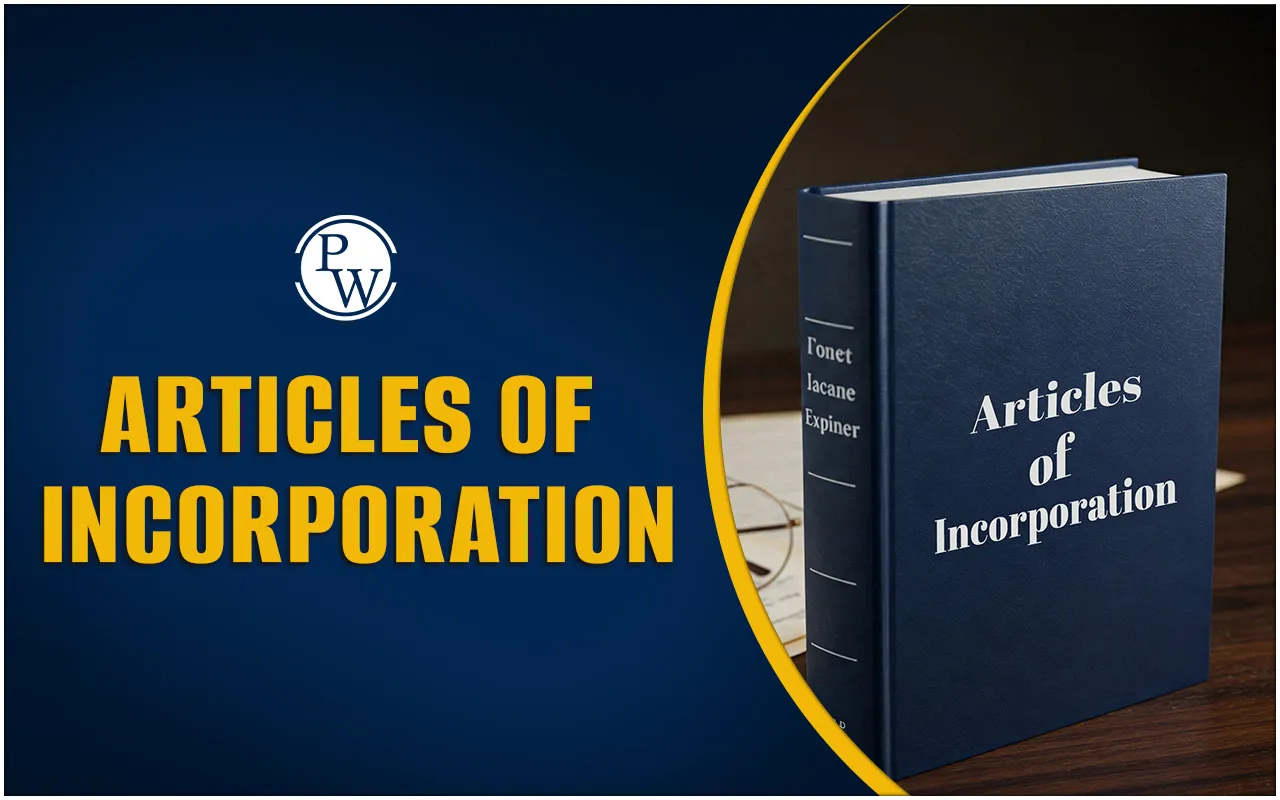
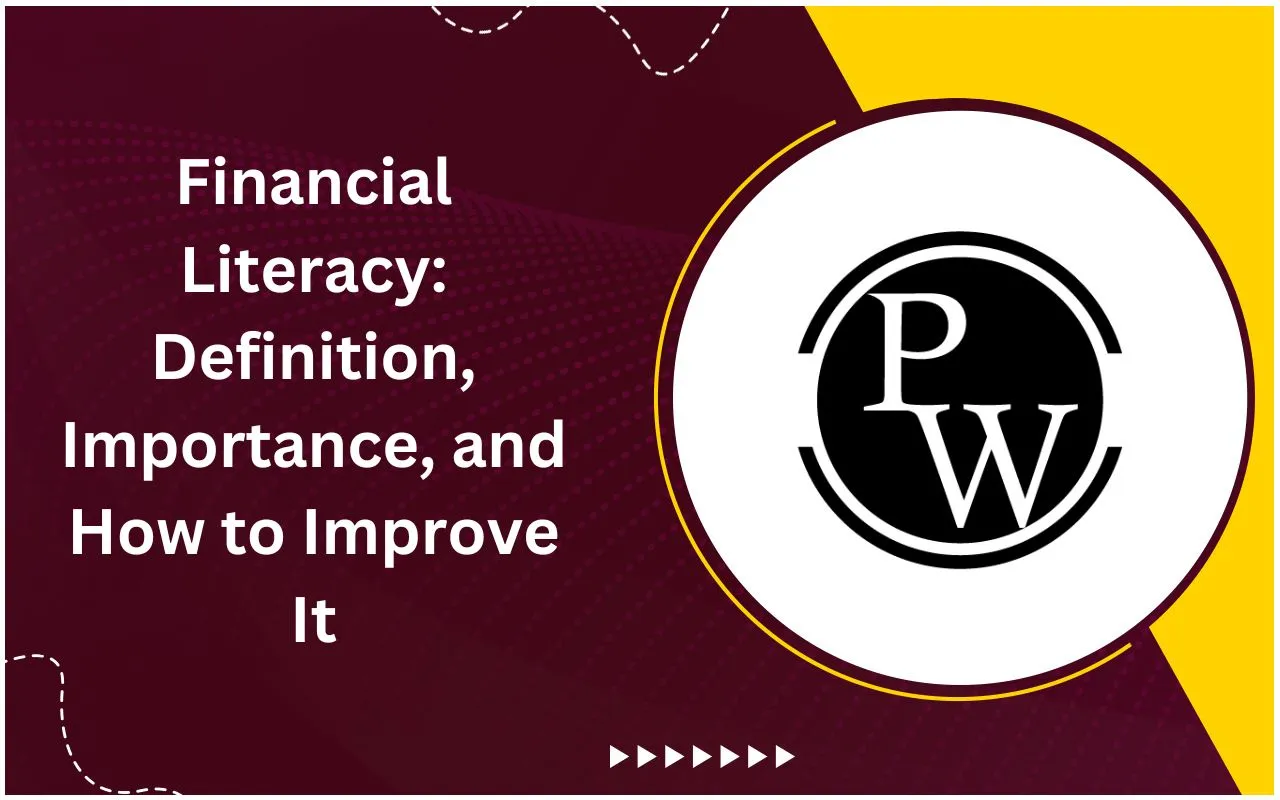
Financial Literacy: Are you making the right financial choices? Managing money can feel overwhelming, whether you're just starting or looking to improve your financial skills. Understanding financial literacy helps you budget, save, invest, and avoid costly mistakes. It’s not just about numbers—it’s about making informed decisions that bring financial stability and reduce stress. Studies show that financial knowledge leads to smarter money management and less anxiety.
Here, we’ll explore the financial literacy definition, why financial literacy is important, the benefits of financial literacy, its key components, and ways to improve your financial skills.
What is Financial Literacy?
Financial literacy is the knowledge and skill needed to manage personal finances wisely. It includes skills like budgeting, saving, investing, and handling debt.
For example, knowing how compound interest works can help in choosing the right loan or investment. Financial literacy is crucial for making informed financial decisions, avoiding high debt costs, and planning for future goals like buying a home or retirement.
With increasing financial products like credit cards and digital payments, understanding them is essential. Governments worldwide promote financial education to improve financial decision-making. Becoming financially literate empowers individuals to achieve financial stability and long-term security.
Essential Components of Financial Literacy
Understanding financial literacy involves mastering several key areas that help individuals make informed financial decisions. Here are the top five components of financial literacy:
1. Budgeting: Managing Income and Expenses Wisely
Budgeting is the foundation of financial literacy, helping individuals track income, control spending, and allocate funds efficiently. A well-planned budget ensures that essential expenses are covered while leaving room for savings and investments.
Effective Budgeting Strategies:
-
50/30/20 Rule: Allocate 50% of income to necessities, 30% to wants, and 20% to savings.
-
Zero-Based Budgeting: Assign every dollar a purpose, ensuring income minus expenses equals zero.
-
Envelope Method: Set spending limits by dividing cash into categories like groceries, rent, and entertainment.
A well-maintained budget prevents overspending and helps in achieving financial goals smoothly.
2. Saving: Preparing for the Future
Saving money is crucial for financial security. It allows individuals to handle emergencies, plan for major expenses, and work toward long-term goals like buying a house or retirement.
Types of Savings:
-
Emergency Fund: Covers unexpected expenses, ideally three to six months' worth of expenses.
-
Short-Term Savings: Funds for planned expenses like vacations, home repairs, or large purchases.
-
Retirement Savings: Investments in pension plans, 401(k), or IRAs to secure financial stability in later years.
Automating savings and setting clear goals make it easier to build financial resilience.
3. Borrowing and Debt Management: Using Credit Responsibly
Loans and credit can be helpful, but mismanaging them leads to financial stress. Understanding interest rates, loan terms, and repayment strategies is essential for responsible borrowing.
Smart Borrowing Practices:
-
Borrow only what is necessary and ensure repayment is manageable.
-
Maintain credit utilization below 30% of your total available limit for better financial health.
-
Pay off high-interest debt first to minimize financial strain.
-
Monitor credit scores regularly to stay financially healthy.
Managing debt wisely helps avoid excessive interest payments and financial burdens.
4. Investing: Growing Wealth Over Time
Investing is a powerful tool for financial growth. It involves putting money into assets that generate returns over time, such as stocks, bonds, mutual funds, or real estate.
Major Investment Principles:
-
Diversification: Spread investments across different assets to reduce risk.
-
Risk vs. Return: Higher returns usually come with higher risks—choose investments based on financial goals.
-
Long-Term Planning: Investing early allows compounding to work in your favor.
Understanding investment strategies helps in wealth creation and financial independence.
Read More - Financial Economics: Definition, Methods, and Importance
5. Taxes: Understanding Income and Liabilities
Taxes impact financial planning and income management. Knowing tax structures, deductions, and exemptions helps optimize earnings and reduce unnecessary liabilities.
Important Tax Concepts:
-
Different types of income, such as salary, investments, and inheritance, are taxed differently.
-
Tax deductions and credits can reduce taxable income and save money.
-
Strategic tax planning helps in effective financial decision-making.
Being aware of taxation ensures compliance and better financial management.
Why is Financial Literacy Important?
Financial literacy is essential for managing money wisely and ensuring long-term financial stability. It helps individuals make informed decisions about budgeting, saving, investing, borrowing, and debt management. Without financial literacy, people may struggle with unnecessary debt, poor financial planning, and financial stress. Here are the top benefits of financial literacy:
- Better Financial Decision-Making: Financial literacy empowers individuals to make smart financial choices, from managing daily expenses to planning for retirement. Understanding interest rates, loan terms, and investment options prevents costly mistakes.
-
Effective Money and Debt Management: Knowing how to budget and control expenses helps in avoiding unnecessary debt. Financial literacy ensures responsible borrowing and timely repayment, reducing financial stress.
-
Financial Security and Emergency Preparedness: One of the major benefits of financial literacy is the ability to save and prepare for unexpected expenses. Having an emergency fund reduces reliance on credit and prevents financial hardships during tough times.
-
Improved Spending and Saving Habits: Understanding personal finances helps individuals prioritize needs over wants, control overspending, and build savings. Financial literacy supports long-term financial goals like homeownership and retirement planning.
-
Reduced Financial Stress and Increased Confidence: Managing money wisely leads to financial stability, reducing anxiety about bills, debt, and future expenses. Financial literacy builds confidence in handling money, making individuals feel more in control of their financial future.
By improving financial literacy, individuals can achieve financial independence, avoid debt traps, and work towards a secure and stable future.
How to Strengthen Your Financial Literacy Skills?
Financial literacy is essential for managing money wisely, avoiding debt traps, and securing a financially stable future. Here are practical ways to improve your financial knowledge and make informed decisions.
1. Use Free Financial Resources:
Many free resources can help you understand financial concepts. Banks and credit card providers often offer spending trackers, budgeting tools, and credit score monitoring. Nonprofit organizations and government agencies also provide educational content on saving, investing, and managing debt.
For example, websites like the Consumer Financial Protection Bureau offer free guides on major financial decisions like buying a home or repaying student loans.
2. Create and Stick to a Budget:
A budget helps track income, expenses, and savings. It ensures you spend within your means and prioritize financial goals. Use spreadsheets, budgeting apps, or even a simple notebook to categorize fixed expenses (rent, loans), discretionary spending (shopping, dining), and savings.
For instance, if you earn ₹50,000 monthly and spend ₹35,000 on essentials, budgeting can help you allocate ₹10,000 for savings and ₹5,000 for leisure without overspending.
3. Manage Debt Wisely:
Understanding interest rates and repayment strategies helps prevent financial stress. Paying off high-interest loans first or consolidating debts can reduce overall repayment costs. If managing debt becomes overwhelming, seeking credit counseling can provide structured repayment plans.
For instance, if you have a ₹1 lakh credit card bill with a high-interest rate, paying more than the minimum due each month can prevent the debt from growing.
4. Build and Monitor Your Credit Score:
A good credit score improves access to loans at better interest rates. Checking your credit report regularly helps identify errors and take corrective action. Avoiding late payments, maintaining a low credit utilization ratio, and limiting unnecessary loans can improve your score over time.
For example, a person with a high credit score may get a home loan at a lower interest rate than someone with a poor score, saving money in the long run.
Read More - What Is a Financial Planner?
5. Save and Invest for the Future:
Building an emergency fund, contributing to retirement savings, and investing in diverse assets can create financial security. If offered, consider enrolling in an employer-sponsored retirement plan to build long-term savings. For long-term wealth creation, learning about stocks, mutual funds, and other investment options is beneficial.
For instance, investing ₹5,000 monthly in a mutual fund with an 8% annual return can grow significantly over time, helping in retirement planning.
Improving financial literacy is an ongoing journey, but simple habits like budgeting, debt management, and regular saving can strengthen financial stability. For a finance career, it’s a crucial skill that enhances decision-making, builds credibility, and creates opportunities in banking, investment, and financial planning.
Build Financial Literacy with the PW Financial Modeling Course
The PW Financial Modeling Course with Deloitte Academy helps finance professionals and graduates strengthen financial literacy through budgeting, forecasting, and investment analysis. This 3-month live program includes real-world case studies, hands-on projects, and an industry-recognized certification.
Get practical finance skills—enroll in the PW Financial Modeling Online Course today!
FAQ
What is financial literacy?
What is the purpose of financial literacy?
How can you improve your financial literacy skills?
What is a basic rule of financial literacy?
What are the benefits of financial literacy?

